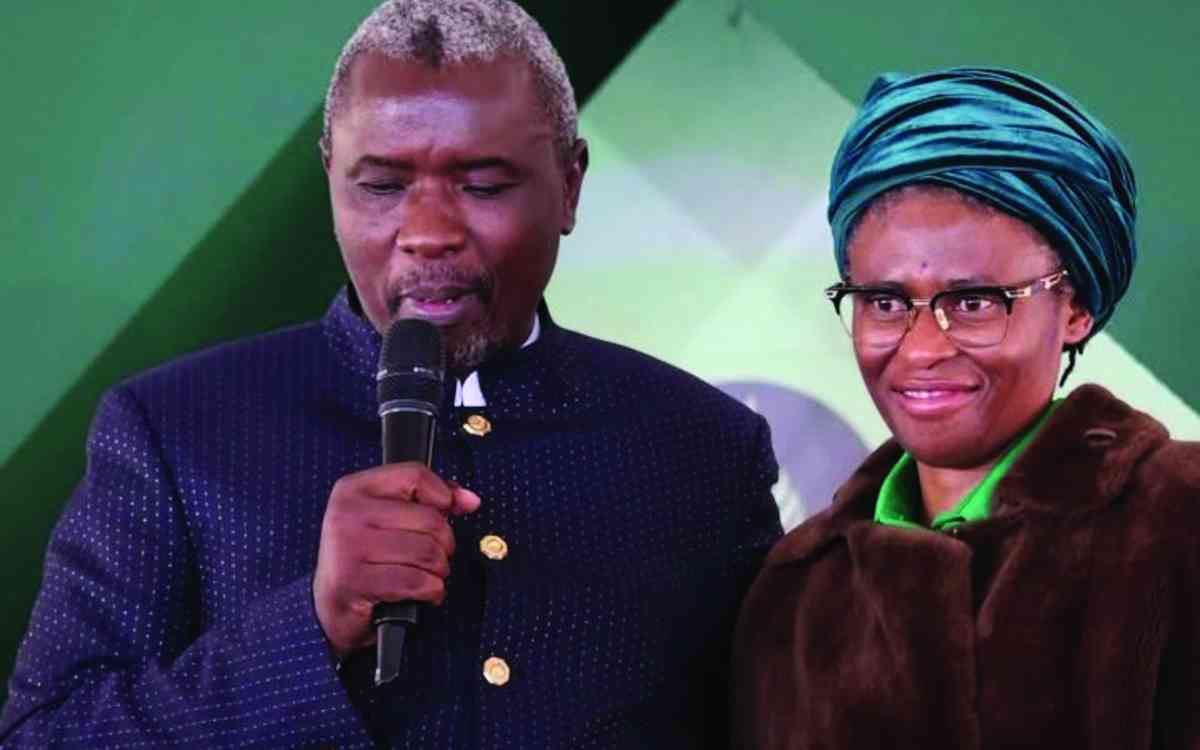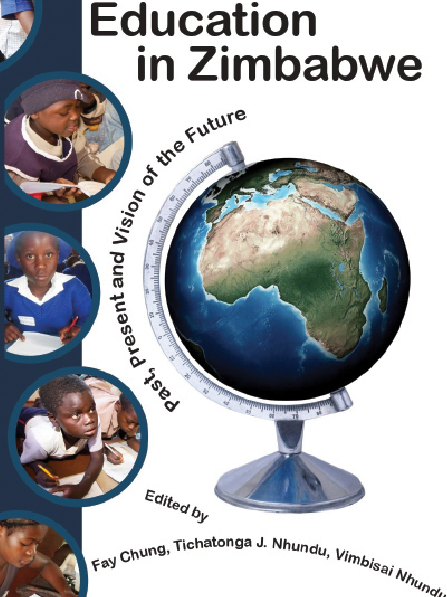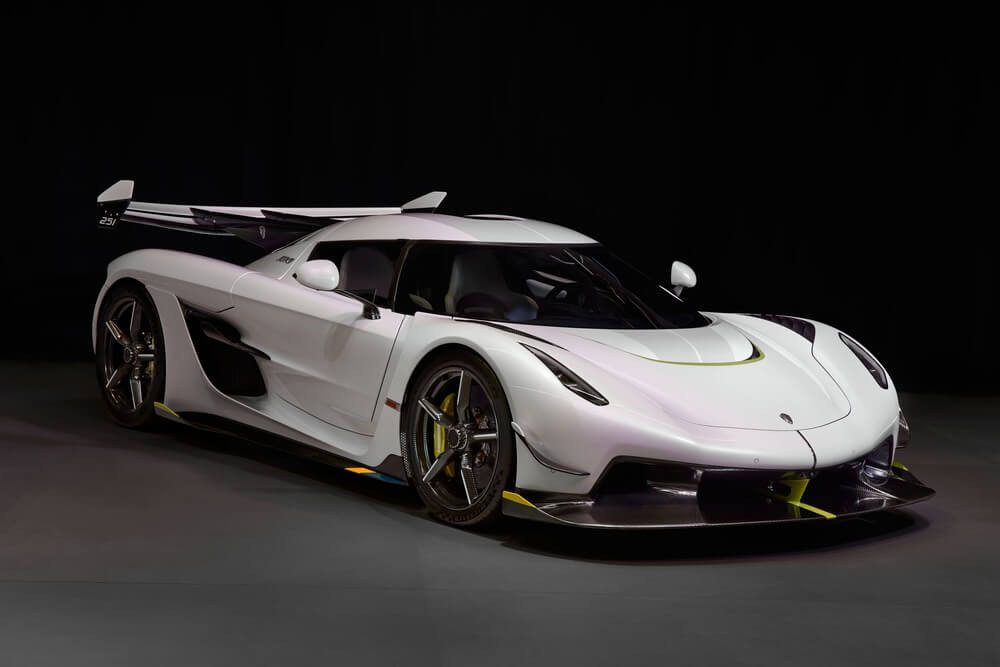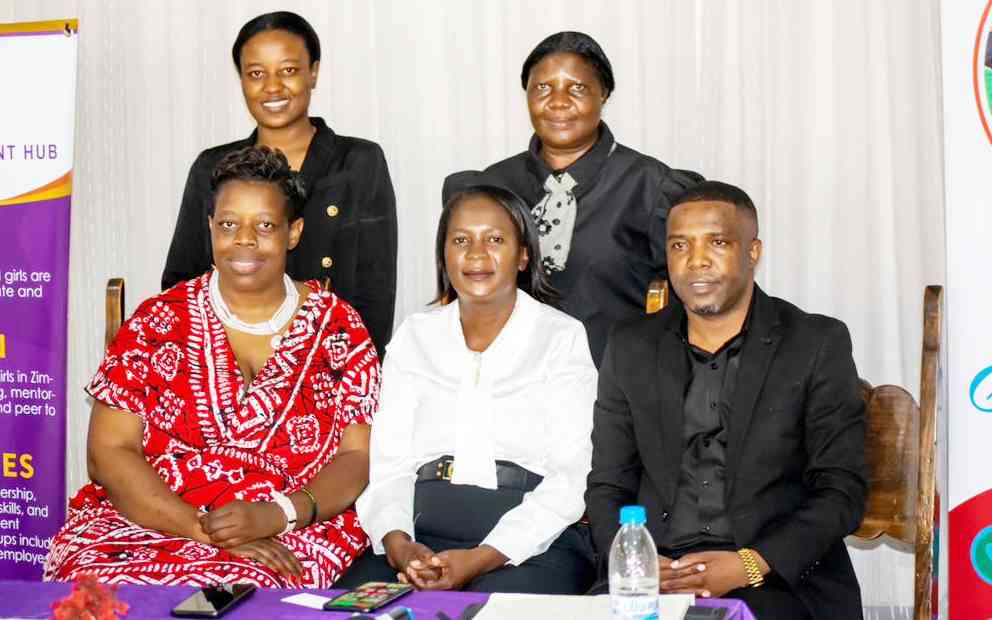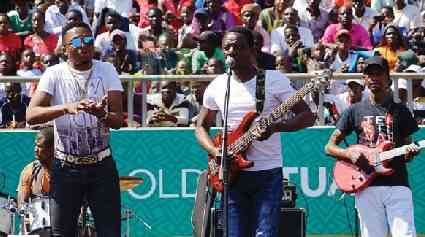
I am at one live music venue where one famous artist (who shall remain anonymous for the sake of fair analysis) is performing. The venue is fullI.
The debate is about whether live music triggers stronger emotional responses when compared with music which is either on Cd , YouTube, DVD video or TikTok. We all know that internet ubiquity has allowed music fans to download and share music freely. We also know that live music, music festivals and musicals add value. Imagine the pandemonium if an announcement was made that Beyonce is coming to give a one-off live performance in Zimbabwe. The tickets would be sold out in no time at all.
My analysis of live music versus recorded music begins at an undisclosed venue where the partying begins to take its toll.
Here are my observations:
Four young women have left their seats and are leaning on to the bandstand with their mouths agape and eyes transfixed. A fifth one looks like she has actually achieved some transcendent out-of-body experience, and might just float away into her personal nirvana. I surmise that she could be high on something, but I am not hundred percent sure.as I do not have any evidence to support my assumption. She could be just over-excited by experiencing the live performance being exhibited by the 7-piece band on stage. When the lead singer of the band moves closer to the audience these four young women wave their hands in a bid to try and catch his arms.
It’s the audience that grabs my attention. They are in a state of intense ecstasy—you can read it on their faces. They all look crazed and possessed. I know some of you have had similar experiences, and cherish them like I do my initiation into group-induced musical trance .
We rose to our feet and swayed and screamed. Some even started chanting the familiar tunes and singing along with the band. (I was one of them.)
You could have sent us into battle at that moment—and we would have stormed this fortified concert hall, tearing it down with our bare hands. When the lead singer shouts; ’’Lift up your hands in the air”, we all do it without thinking.
- Car hire caught in sungura euphoria
- Zim artistes train congregants on quality sound production
- Big artistes cannibalised my band: Zanove
- Ex-Q, Winky D, Baba Harare head for Odyssey
Keep Reading
It’s hard to explain them to somebody who hasn’t gone through this kind of concert mania. All you can say is the feeble excuse: You should have been there. That experience is only found at a live concert.
Recent studies conducted in real-time, in concert halls, demonstrate that people enjoy music more when the performance is live and experienced as part of a group.
I asked several music lovers whether they would rather spend their money on live music than recorded music. Most of them (80%) told me that they would rather spend US$10 attending a live concert than on buying 10 CDs because live concerts are different social experiences which cannot be compared with sitting at home alone listening to CDs.
But there’s one more thing I can add about these life-changing moments. It’s a simple reflection that those kinds of things don’t happen online. Live music triggers emotional responses that no CD or music video on YouTube or TikTok will come close.
Due to the dynamic relationship between the audience and the performers. The visual cues, collective energy, and real-time responsiveness of live music engage more sensory and emotional systems than listening alone, deepening our visceral connection to the experience.
Only live music can do this. That’s not just my opinion although I spent many years studying human psychology. It’s a matter of science. Let me explain:
When people hear music in a group setting their brainwaves start to synchronise. The body also releases the hormone oxytocin, which makes them more trusting and willing to bond together.
That’s why so many couples, over the course of centuries, have discovered their romantic attraction at a dance or nightclub. The music actually turns them into lovers, without them even thinking about it.
For the same reason, we sing national anthems or team songs at sporting events. This creates a bond between fans that no other force can match. And it’s also why political movements rely so heavily on songs in building solidarity. Religious leaders, of course, have always known this, so they all have their hymns and chants in churches..
This is why live music will never die. Nothing else can replace it.
The only people who haven’t figured this out are the executives running the music industry.
Almost all the investment money in the music business is flowing into streaming and publishing rights and into developing technology that will bring about more sales.
Very little is spent on developing new artistes. Most of them have to launch careers on their own, with no support or guidance from record companies. Most memorable events given by new bands come from their live shows as people do not necessarily have ready gadgets to listen to their recorded music.
Executives in the music industry are typically encouraged to find an audience on TikTok or other music platforms—instead of through live performance.
Most newspapers don’t review live music anymore. Some newspapers which used to have columns on music have stopped doing so although we still have journalists who would like to cover music. That category is still recognised by NAMA although the adjudicators struggle to find who should be entered into it. .
Despite these obstacles, the concert business is still alive—and growing faster than recorded music.
Only last weekend, Jah Prayzah wowed over 10,000 fans at a spectacular live concert at Ellis Park Arena in Johannesburg, South Africa, as part of his ongoing Ndini Mukudzeyi world tour.
Arts promoter and businessman Tinashe Mutarisi lauded the achievement, calling it a major milestone for Zimbabwean music.
“This is a win for the Zimbabwean music industry. This is what we waited for, for the longest time,” he commented.
*Read more on www.thestandard.co.zw
nFeedback: [email protected]
Back during Covid-19 pandemic, experts doubted whether nightclubs and other music venues would ever recover. It wasn’t just the virus, but also the stranglehold of digital platforms—which keep a whole generation at home and staring into screens.
Live music is more alive than recorded music. I do not need to prove this but if I were to take you back to 1985 where the Live Aid Charity Concert in aid of Ethiopia took place at London’s Wembley Stadium and raised a whopping 150 million pounds in one day from the 72,000 strong crowd, you would agree with me that live music is powerful as no record store has ever made this kind of money from sales even in a year. The Live Aid concert featured artistes such as Freddie Mercury, Tina Turner, Madonna, David Bowie, Bob Dylan, Mick Jager, Paul McCartney and Bob Geldof.. Testimonies coming from there express a lifetime great experience for all who attended.
Tech platforms hate this. Live music is hard to scale and defies mass production. Every experience is unique. So the most powerful businesses in music ignore the audience’s hunger for live performance—and dish out formulaic TikTok-ish videos instead.
But that isn’t the way to energise music fans.
Maybe that’s why ZMC, RTP and Gramma Records in Zimbabwe stock dropped like a rock after they could not find a huge market for their CDs. If I was in that business, I would have encouraged and supported more live bands in the country. Instead people like Alick Macheso, Jah Prayzah, Winky D, Holy Ten, Nutty O, Freeman, Michael Mahendere, Thomas Mapfumo, the late Oliver Mtukudzi, Leonard Dembo and Simon Chimbetu made their own efforts without assistance from record companies to make their acts exciting and audience-friendly because they know or knew (some of them are now dead) that this is where the business is.. The record companies long lost their ability to read the room
Anyone who wants to venture into the music business in Zimbabwe should know that it is live music which triggers stronger emotional responses than recorded music..

